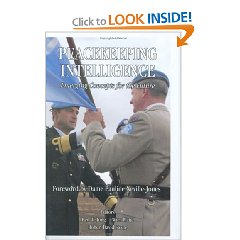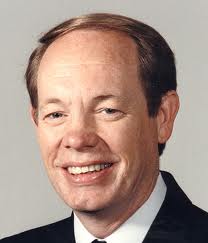 |
Scary New Wage Data
David Cay Johnston | Oct. 25, 2010 04:35 AM EDT
Now for some really scary breaking news, from the latest payroll tax data.
Every 34th wage earner in America in 2008 went all of 2009 without earning a single dollar, new data from the Social Security Administration show. Total wages, median wages, and average wages all declined, but at the very top, salaries grew more than fivefold.
Not a single news organization reported this data when it was released October 15, searches of Google and the Nexis databases show. Nor did any blog, so the citizen journalists and professional economists did no better than the newsroom pros in reporting this basic information about our economy.
The new data hold important lessons for economic growth and tax policy and take on added meaning when examined in light of tax return data back to 1950.
The story the numbers tell is one of a strengthening economic base with income growing fastest at the bottom until, in 1981, we made an abrupt change in tax and economic policy. Since then the base has fared poorly while huge economic gains piled up at the very top, along with much lower tax burdens.
A weak foundation cannot properly support a massive superstructure, as the leaning Tower of Pisa shows. The latest wage data show the disastrous results some of us warned about, although like the famous tower, the economy only lists badly and has not collapsed.
Measured in 2009 dollars, total wages fell to just above $5.9 trillion, down $215 billion from the previous year. Compared with 2007, when the economy peaked, total wages were down $313 billion or 5 percent in real terms.
The number of Americans with any wages in 2009 fell by more than 4.5 million compared with the previous year. Because the population grew by about 1 percent, the number of idle hands and minds grew by 6 million.
These figures show, far more powerfully than the official unemployment measure known as U3, how both widespread and deep the loss of jobs was in 2009. While the official unemployment rate is just under 10 percent, deeper analysis of the data by economist John Williams at http://www.shadowstats.com shows a real under- and unemployment rate of more than 22 percent.
Balance of article below the line…
Continue reading “Reference: SCREWED–The Roots of Populist Rage…”










